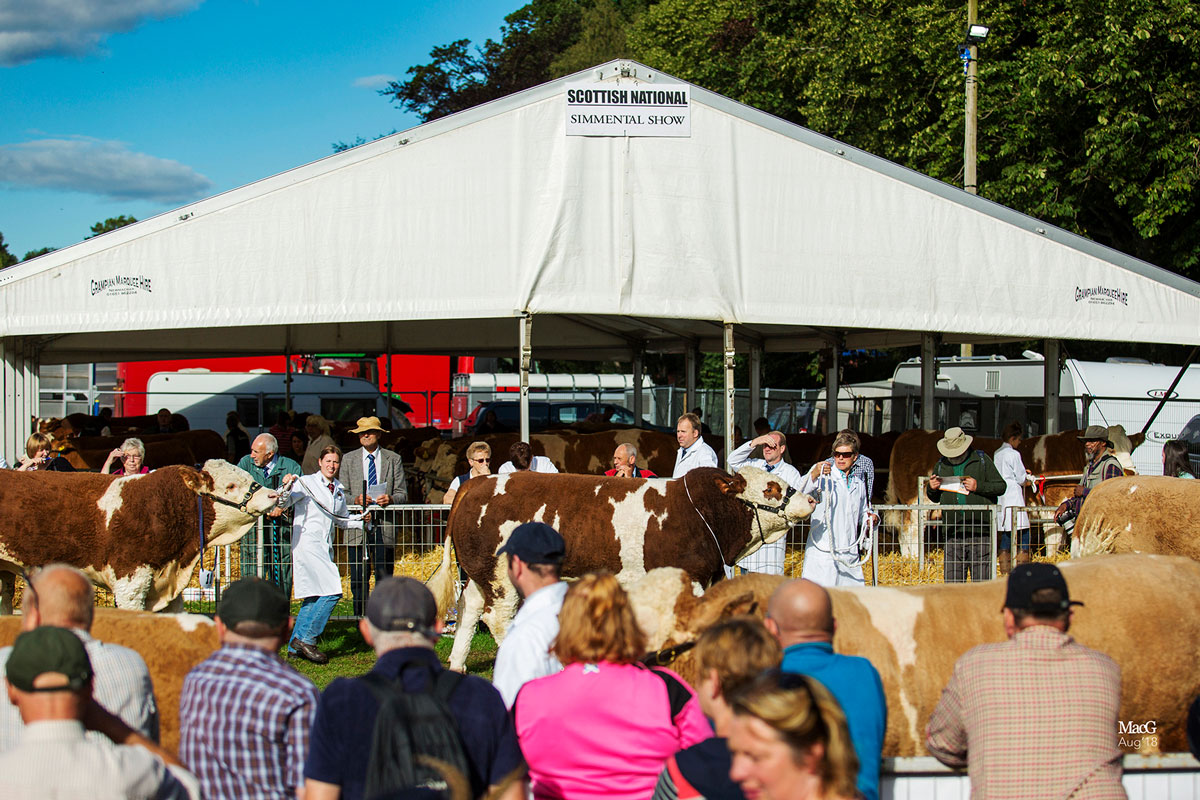By Jane Craigie
Last week, it was with a very heavy heart that I sent out a press release for the Turriff Show committee announcing its cancellation for the second year in a row. It was a hard, but the right decision given the uncertainty Covid-19 is still creating for us all.
Agricultural shows are such an iconic part of our farming sector, giving space and time to share the stories about our local foods, farmers, heritage and communities.
Last year the Association of Show and Agricultural Organisations (ASAO) – the organisation that represents the industry – stated that in 2019 our nation’s agricultural and county shows generated an income of £128.6 million. The Covid-triggered cancellations of 2020 resulted in losses of over £35 million.
But, as we all know, this doesn’t tell the whole story. These events bring people to our towns, they boost income for the local community, and they connect visitors to our regions, encouraging many to return. ASAO put last year’s economic losses to the wider UK economy at £810 million.
For accommodation providers, pubs, shops and charities reliant on shows for donations, the empty showgrounds will once again add to the costs of Covid.
The saddest thing for me about no Turriff Show is the opportunity that we lose to tell our local food and farming story to 25,000 people in person, and even greater numbers via the media coverage that the event receives. The north east has such diversity of produce, landscape and farmers supplying some of the best foods and drinks in the world.
In 2019, the Show had invested time and money – with the support of Sarah Mackie, Opportunity North East, QMS and Aberdeenshire Council – into a very successful new food hall, the interest in it was so high, that at certain times of the day, it was impossible to get close to the stands to sample their products. For the food and drink manufacturing businesses exhibiting there, the loss of this promotional opportunity will be a deep blow for them too.
The Show has given a string of dignitaries – the First Minister, celebrity chefs and the Queen – the opportunity to show their support for our region and to grab some media headlines on the back of this historic event.
Breeders of poultry, cavies and rabbits consider Turriff Show as one of the most important events in their annual calendar; and, just like cattle and sheep breeders, winning these coveted classes underpins their sales of breeding females and sires. Routinely, the Show committee runs over 1,550 classes and gives out prize money totalling £88,000.
Everyone who visits the Turriff Show has their own connection to what it means to them – seeing the cattle judging, meeting friends from around the country, watching the sulky racing, or eating Downies’ scampi out of a paper bag.
But we are lucky, for those of us who live in Aberdeenshire, the 2022 Turriff Show is already in our diaries and the committee is turning its attention to making it the success that it always is.
However, for some events with fragile bank balances, this pandemic will enforce the winding up of their organising societies. Thankfully, Turriff Show has a strong committee, an engaged local community and has trimmed its costs to ensure that it can continue long into the future.
When the Show does return, I’d urge everyone to buy a ticket and go along to celebrate the event’s survival and a return of our freedom. Every ticket sold helps keep this iconic event alive.
What we’d all give for that back-aching, tender footed exhaustion at the end of a long Turriff Show day.

